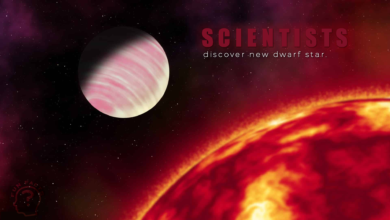Astrophotography, the art of capturing the beauty of the night sky on camera, has captivated enthusiasts for centuries. With advancements in technology, astrophotography has become more accessible than ever before, allowing even hobbyists to capture stunning images of galaxies, nebulae, and other celestial wonders.
Choosing the right telescope for astrophotography is crucial for achieving high-quality images. The ideal telescope will depend on your experience level, budget, and specific astrophotography goals. Here’s a guide to help you select the best telescope for your celestial endeavors:
Factors to Consider When Choosing a Telescope for Astrophotography
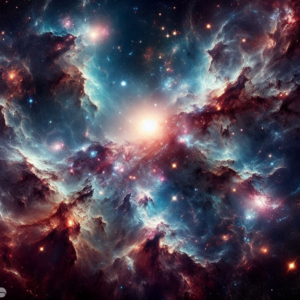
Before diving into specific telescope models, it’s essential to consider the following factors:
-
Aperture: The aperture, or diameter, of the telescope’s objective lens determines its light-gathering ability. A larger aperture allows more light to reach the camera sensor, enabling shorter exposure times and fainter object capture.
-
Focal Length: Focal length, measured in millimeters, determines the telescope’s magnification and field of view. A shorter focal length provides a wider field of view, ideal for capturing large celestial objects like nebulae and constellations. A longer focal length offers higher magnification, suitable for close-up shots of planets and galaxies.
-
Mount: The telescope mount provides stability and tracking capabilities, crucial for astrophotography. A sturdy equatorial mount is essential for long-exposure imaging, as it compensates for the Earth’s rotation, preventing star trails.
-
Budget: Astrophotography telescopes range in price from a few hundred dollars to several thousand dollars. Set a realistic budget and consider factors like aperture, focal length, and mount type to find the best value for your money.
Top Recommendations for Astrophotography Telescopes
Based on the factors mentioned above, here are some top recommendations for astrophotography telescopes:
- Celestron NexStar 8SE: This versatile Schmidt-Cassegrain telescope offers a large 8-inch aperture, a versatile focal length, and a computerized equatorial mount, making it an excellent choice for beginners and experienced astrophotographers alike.
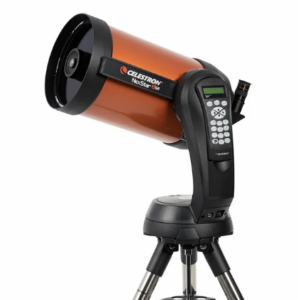
- Explore Scientific ED102 Apo Refractor: This apochromatic refractor telescope delivers exceptional image quality and color correction, ideal for capturing sharp images of planets and deep-sky objects.
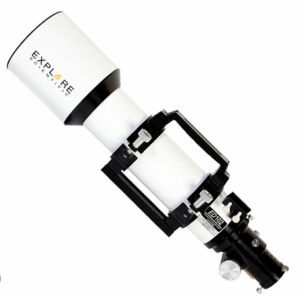
- Orion ED80T CF Newtonian Reflector: This Newtonian reflector telescope provides a large 8-inch aperture at an affordable price, making it a great option for budget-conscious astrophotographers.
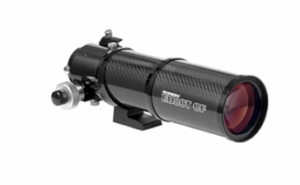
- William Optics RedCat 51: This compact refractor telescope boasts a fast f/2.8 focal ratio, enabling short exposure times and capturing faint nebulae and galaxies.
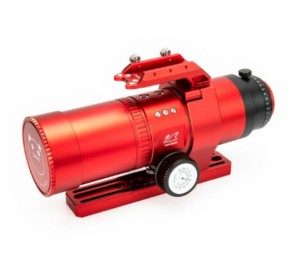
- Celestron RASA 8: This specialized astrograph telescope features a wide field of view and a fast f/2 focal ratio, making it ideal for capturing large celestial objects and panoramic nightscapes.
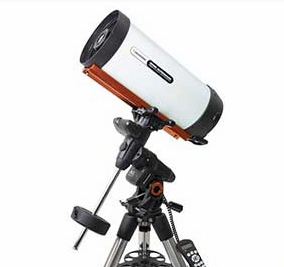
Additional Tips for Astrophotography Success
Beyond choosing the right telescope, here are some additional tips for successful astrophotography:
-
Dark Skies: Escape light pollution and find dark sky locations to maximize the visibility of faint celestial objects.
-
Stable Setup: Ensure your telescope mount is stable and properly aligned to prevent blurred images.
-
Camera Settings: Use appropriate camera settings, such as manual mode, long exposure times, and high ISO, to capture sufficient light and detail.
-
Image Processing: Utilize image processing software to enhance and refine your astrophotography images.
-
Practice and Patience: Astrophotography requires practice and patience. Don’t be discouraged by initial challenges; keep experimenting and refining your techniques.
Conclusion: Embark on Your Astrophotography Journey
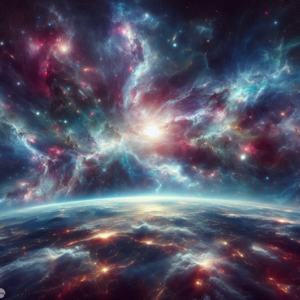
With the right telescope, knowledge, and dedication, you can capture breathtaking images of the cosmos and embark on a rewarding astrophotography journey. Remember, astrophotography is not just about capturing images; it’s about connecting with the universe, exploring its wonders, and sharing your passion with others.

